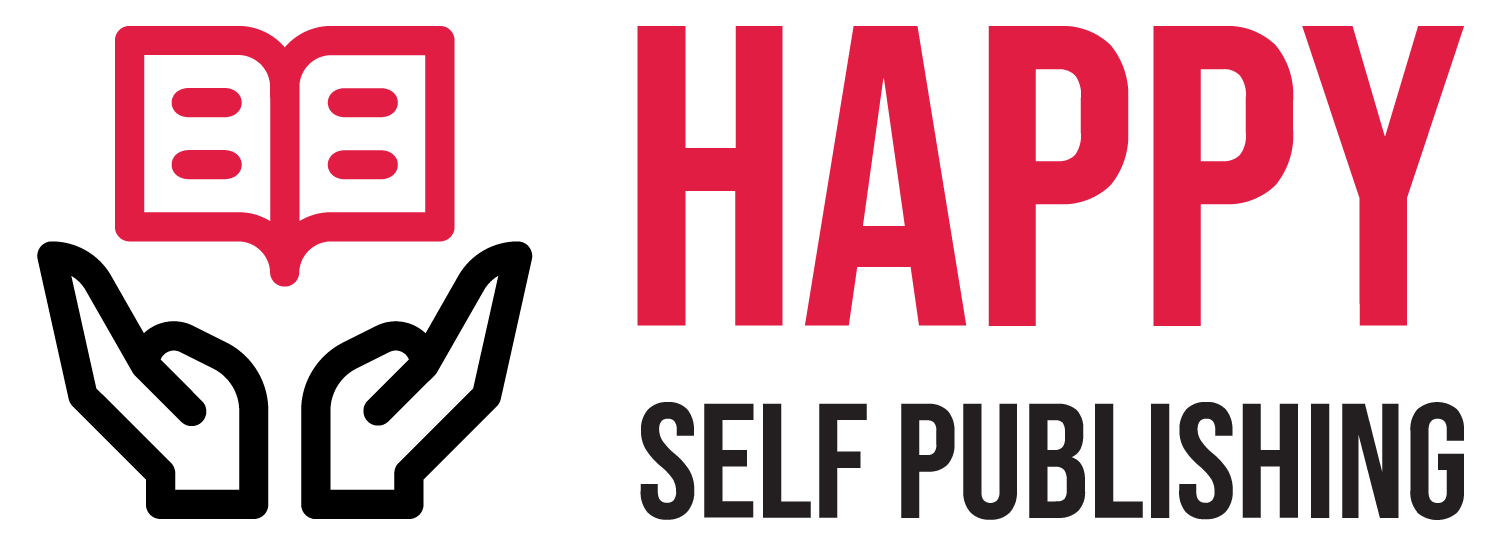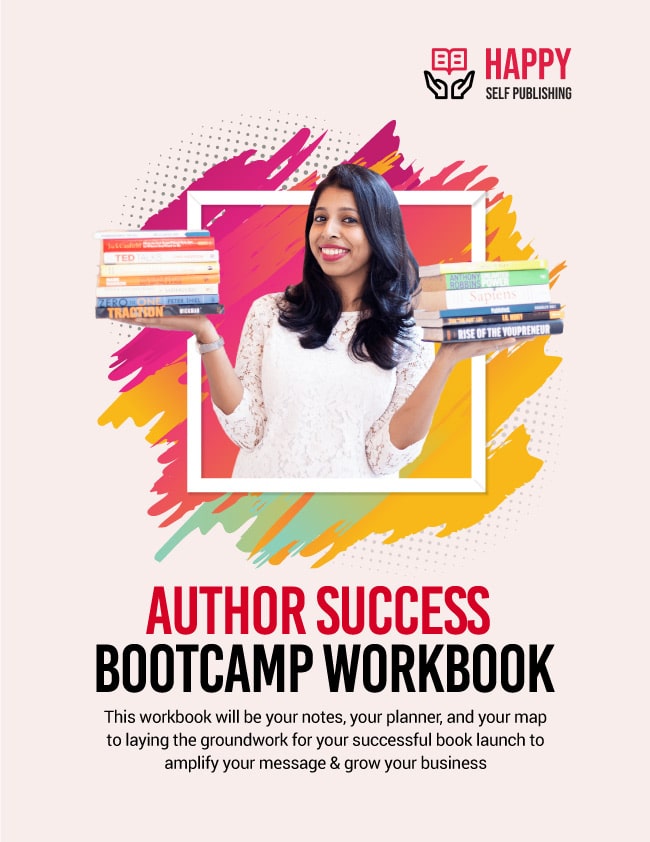If you have gone through the process of self-publishing a book, you probably have spent hours making decisions about e-publishing and print publishing, promoting your book, and then waiting for the sales to come in. You may have been working on expanding your market to help generate more sales.
Expanding to a new language market is a huge and exciting step for all authors. By translating your book into a new language, you give it the potential to expand its reach to hundreds of thousands of new readers. You should be aware, however, that translation is only one step in the process of bringing your book to a new audience.
Now that your book is published, you have a larger audience to tap into in other countries. And this now presents a whole new set of challenges.
Tom Corson-Knowles here helps you understand the vital aspects of getting your book translated and published in a different language. Tom, is an entrepreneur, blogger and international bestselling author of more than 20 books. He then decided to share the keys to success he learned along his journey to becoming a financially independent entrepreneur through his books, educational video courses, and seminars. Tom is often quoted as saying, “You can achieve all of your dreams as an author if you’re willing to master the three key areas of authorship: writing, publishing and marketing.” To know about the key aspects to keep in mind while getting your book translated and published in a different language- read on!
It’s Not Just about Words
“Write what you know” is common advice given to writers. Setting aside the question of what exactly this means, it reflects a natural reality: we write about things we are familiar with, whether that’s through experience or through careful research. Whatever the case, we must remain conscious that what is familiar to us may be completely alien to people from other backgrounds. On the one hand, this means that what we write might be particularly fascinating and engaging to people from other places; on the other hand, it also might be confusing, unrelatable, or even offensive. The difference between a book that fits in the former category and one that fits in the latter is not only a question of translation; it’s a question of localization.
Localization is a term used in the business world to describe the process of adapting a product to an audience in a new locale. This often includes translation, but it also includes making everything about the product accessible to the new audience—from technical elements such as currency, metric systems, or calendars, to adaptation of concepts or functions to local cultural sensitivities or usages.
When it comes to literature, translation of the text is certainly the most important aspect of localization, but a good book translation is more than simply saying the same thing in a new language. It requires careful adaptation of the tone, message, and structure of the piece to maintain the power of the original without causing misunderstandings. Hiring a professional translator who specializes in the field and/or genre of your book, is a native speaker of the target language, and has a deep familiarity with the target culture is the only way to ensure a high-quality book translation.
Why It’s Worth Hiring a Professional Translation Service
Translating a book requires many, many hours of intensive work by a skilled professional, and as such, it can be a significant expense. You may wonder if it’s really worth the investment. Remember that as an author trying to get your work to a wider audience, what you are promoting is not just one version or other of your book; you are promoting yourself as a brand. An unprofessional book translation will reflect badly on your brand, and that can negatively impact your sales and your reputation even in your original local market. There is a lot of dialogue between the various language markets; you don’t want a Spanish-language reader to tell his English-speaking friends not to read your book because the Spanish version he read wasn’t that great. To avoid this, you need to make sure your Spanish version sparkles just as much as your English version. Not every native speaker makes a good translator! Because you usually don’t read in the target language or know a native speaker, you may never know the quality of your product. Your best bet is hiring a reputable translation service with good credentials.
One option that many people do not consider is trans-creation. This is when you hire somebody to make sure that your keywords and other important marketing elements are properly translated so that they have the same impact in the new language as in the original. This is expensive and something that you would have to pay for above and beyond the other translation option that you select. It could be well worth the extra expense if you believe that messaging or marketing consistency is important.
Proofreading and Editing
Just as your book needed proofreading and editing after you finished writing it, it will also need proofreading and editing after it has been translated. The proofreading and editing process will clean up any errors made by the translator that relate to spelling, grammar, mechanics, and content. The challenge is finding the right person or company to provide these services and not overspend on editing and proofreading services.On the other hand, you want to make sure that your finished product is highly readable. If you have social contacts in your target country who are qualified, see if they will take on your project.
Researching Your New Market
It would be a terrible shame to invest in creating a beautiful book translation only to have it fail simply because you didn’t understand the nuances of entering this new market. Think about the type of market research you (hopefully) did for the original version of your book: what is your competition? What titles can yours be compared to? What fresh perspective does your book bring to the table? These questions need to be asked again for every market you enter—and unless you read in the target language regularly enough to know the answers to these questions, you will need a professional translation service to help you answer them. Taking this extra step can make a significant difference in how well your book does in its new market.
Overseas Marketing
One of the first things you can do to market your book to readers who speak foreign languages is to add a call to action on your website asking those readers to opt in to receive notification when your book is translated into a particular language. You can also create an email subscription list specifically for these readers. As you probably already know, the more reviews you have posted online, the more attention your book will receive. Try finding other books in your niche that have been translated and check out those book reviews. Then contact the reviewers and ask them if they would consider reviewing your book.
Format of the book
For reasons of cost and accessibility, you will probably choose to e-publish your book first. In fact, Amazon has automated mechanisms that you can use to get your book formatted and made available in other countries. Whether or not you should also have your book in print format or audio depends on many factors. Are books in your genre usually offered in print? Will the decision to print impact the numbers you have agreed on with translators, publishers, or agents? If you want to create an audiobook, you also have the new task of finding somebody to narrate it. Audible makes creating audiobooks fairly pain-free.
We at Happy Self Publishing hope this look at translating and foreign-publishing your books will help you reach more readers globally.







